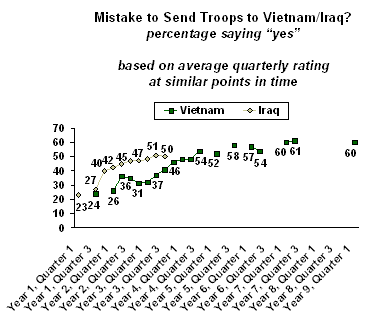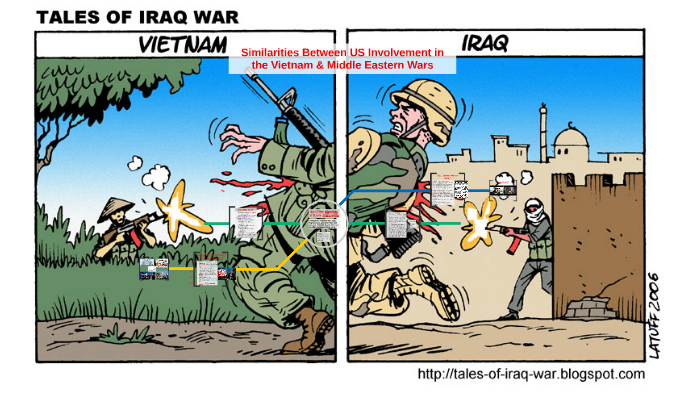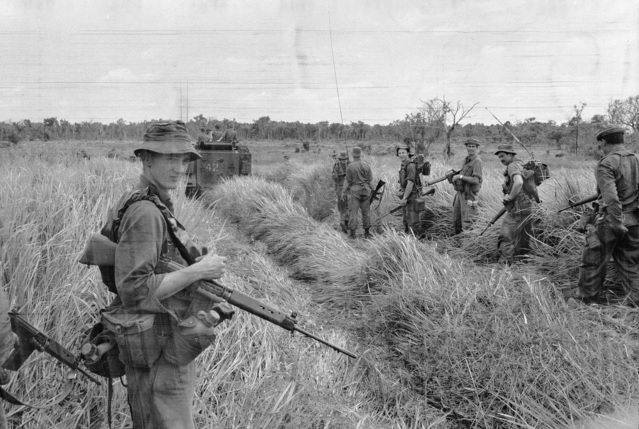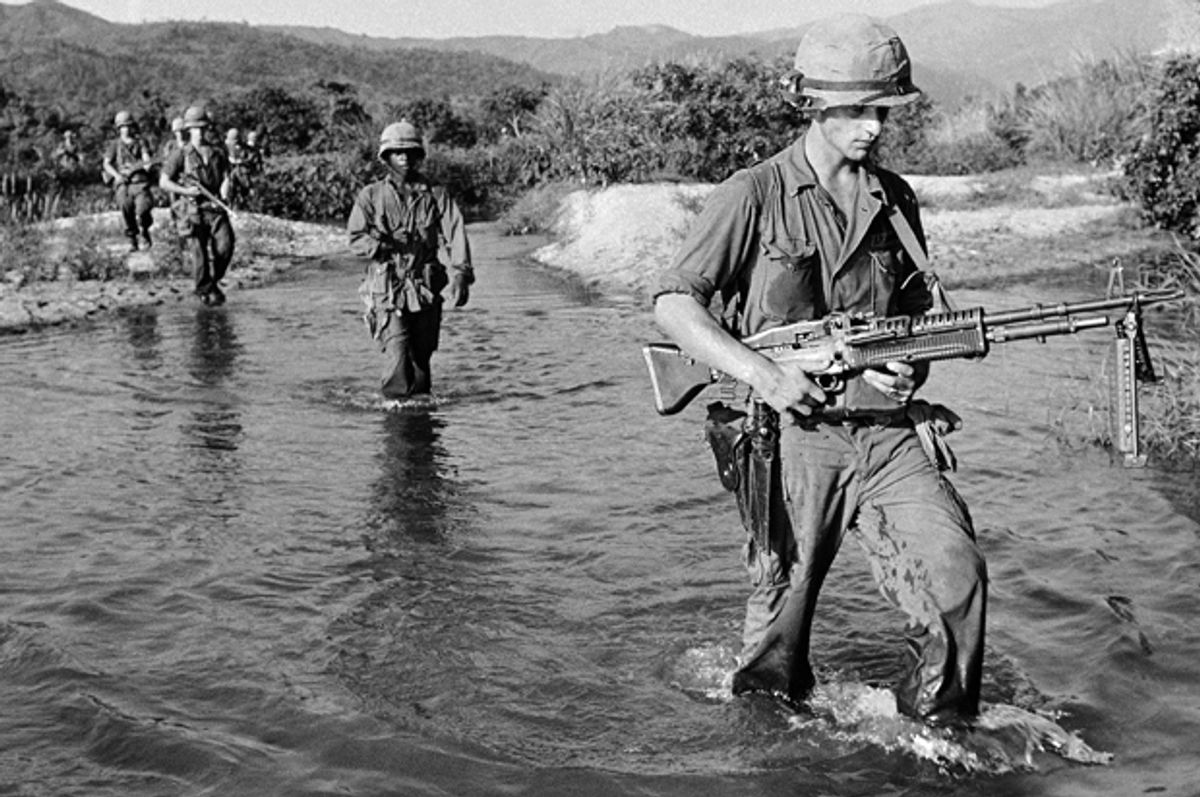The Vietnam War and the Iraq War are two significant conflicts in modern history that have had a lasting impact on the countries and regions involved, as well as the broader global community. While these wars occurred in different parts of the world and were fought for different reasons, they share some similarities and differences in terms of their causes, conduct, and consequences.
The Vietnam War was a conflict in Southeast Asia that lasted from 1954 to 1975, and involved the United States, South Vietnam, and North Vietnam. It was a part of the larger Cold War struggle between the Western powers, led by the United States, and the communist bloc, led by the Soviet Union. The United States became involved in the conflict in an effort to prevent the spread of communism and to support the government of South Vietnam, which was fighting against communist forces from the north.
The Iraq War, also known as the Second Gulf War, was a conflict in the Middle East that lasted from 2003 to 2011. It involved the United States, the United Kingdom, and other coalition forces, as well as Iraq. The war was launched by the United States and its allies in response to the September 11, 2001 attacks, and was justified on the grounds that Iraq possessed weapons of mass destruction (WMDs) and had ties to terrorist organizations.
One major difference between the Vietnam War and the Iraq War is the cause of the conflict. The Vietnam War was a result of the Cold War struggle between the United States and the Soviet Union, while the Iraq War was a response to the September 11 attacks and the perceived threat of WMDs. This difference in the causes of the wars also influenced their respective justifications and objectives. While the Vietnam War was justified as a defense against the spread of communism, the Iraq War was justified as a necessary measure to protect the United States from terrorism and the potential use of WMDs.
Another difference between the two wars is the conduct of the conflict. The Vietnam War was characterized by a high level of involvement by the United States and its allies, including the deployment of large numbers of troops and the use of advanced military technology. The war also involved significant civilian casualties and the use of controversial tactics, such as the use of Agent Orange and the bombing of Cambodia. In contrast, the Iraq War involved a smaller number of coalition forces and relied more on air power and specialized units. The war also resulted in significant civilian casualties, but there were fewer instances of controversial tactics being used.
Finally, the consequences of the two wars were also quite different. The Vietnam War ended in a stalemate, with the United States and its allies withdrawing from the conflict and Vietnam being reunified under communist rule. The war had a lasting impact on the United States, including the loss of over 58,000 American lives and the dividing of public opinion. The Iraq War also resulted in significant loss of life and had a lasting impact on the region, including the destabilization of Iraq and the rise of extremist groups like the Islamic State.
In conclusion, the Vietnam War and the Iraq War are two significant conflicts that have had a lasting impact on the world. While they were fought for different reasons and had different objectives, they share some similarities in terms of their conduct and consequences. Both wars involved significant loss of life and had lasting effects on the countries and regions involved, as well as the broader global community.
/cdn.vox-cdn.com/uploads/chorus_asset/file/8814525/Drug_OD_final.jpg)







